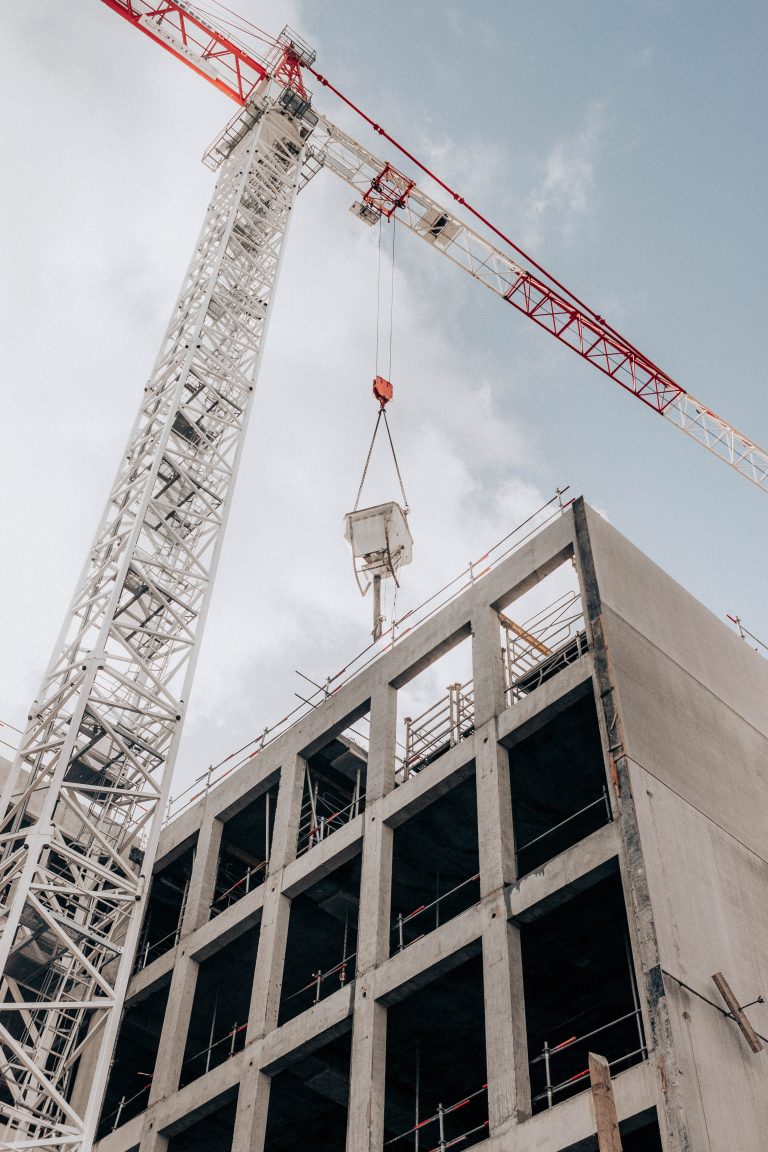Canada Foundation for Innovation (CFI) funding helps secure Western Canada’s first multi-axis subassembly testing (MAST) system.

The impacts of climate change are necessitating buildings be constructed differently to ensure they are sustainable and disaster-resilient. Earthquakes and wind are just two of the many forces that need to be studied to ensure safety policies and codes stay keep structures sound.
“As we build taller structures, with newer materials, the more complex the sectional forces come into play,” explains Lisa Tobber, an assistant professor of Civil Engineering and principal investigator at UBC Okanagan’s Build Better Eminence Research Cluster. “This newly funded equipment from CFI will provide researchers and policymakers in BC and across the country with more data to ensure new Canadian structures are more sustainable and disaster-resilient.”
The $1.5-million multi-axis subassembly testing system will allow UBC researchers to study and improve the seismic performance of reinforced concrete shear walls, and develop new precast concrete core walls, cross-laminated timber shear walls, and low-damage super-lastic shape memory alloys.
Currently, only École Polytechnique de Montréal and the University of Sherbrooke have similar systems. The acquisition of the MAST system creates new opportunities for studying tall buildings, advancing fundamental knowledge of the seismic response of core walls and creating avenues for developing novel core wall systems.
According to Shahria Alam, a professor of Civil Engineering and UBC Okanagan’s Principal’s Research Chair in Resilient and Green Infrastructure (Tier 1), it isn’t feasible to test complete structures at sufficient scale, so equipment like the MAST system is crucial. “In the past, we’ve had a rely on our collaborators in Eastern Canada in order to conduct our testing, so this new equipment will enable us to investigate novel concepts faster.”
Working alongside fellow researcher, Solomon Tesfamariam, Alam and Tobber will seek to cement UBC’s position as a leading research excellence hub in green buildings and communities. The MAST system compliments existing resiliency research equipment at the School of Engineering and serves as another step towards a larger plan to make the Okanagan an epicentre of disaster resiliency work in not only BC but across the country.
All three researchers have expansive Canadian and international collaborations, and each have a particular focus that seamlessly align including precast concrete, cross-laminate timber, smart materials, seismic analysis, hybrid buildings, building design and multi-hazard design.